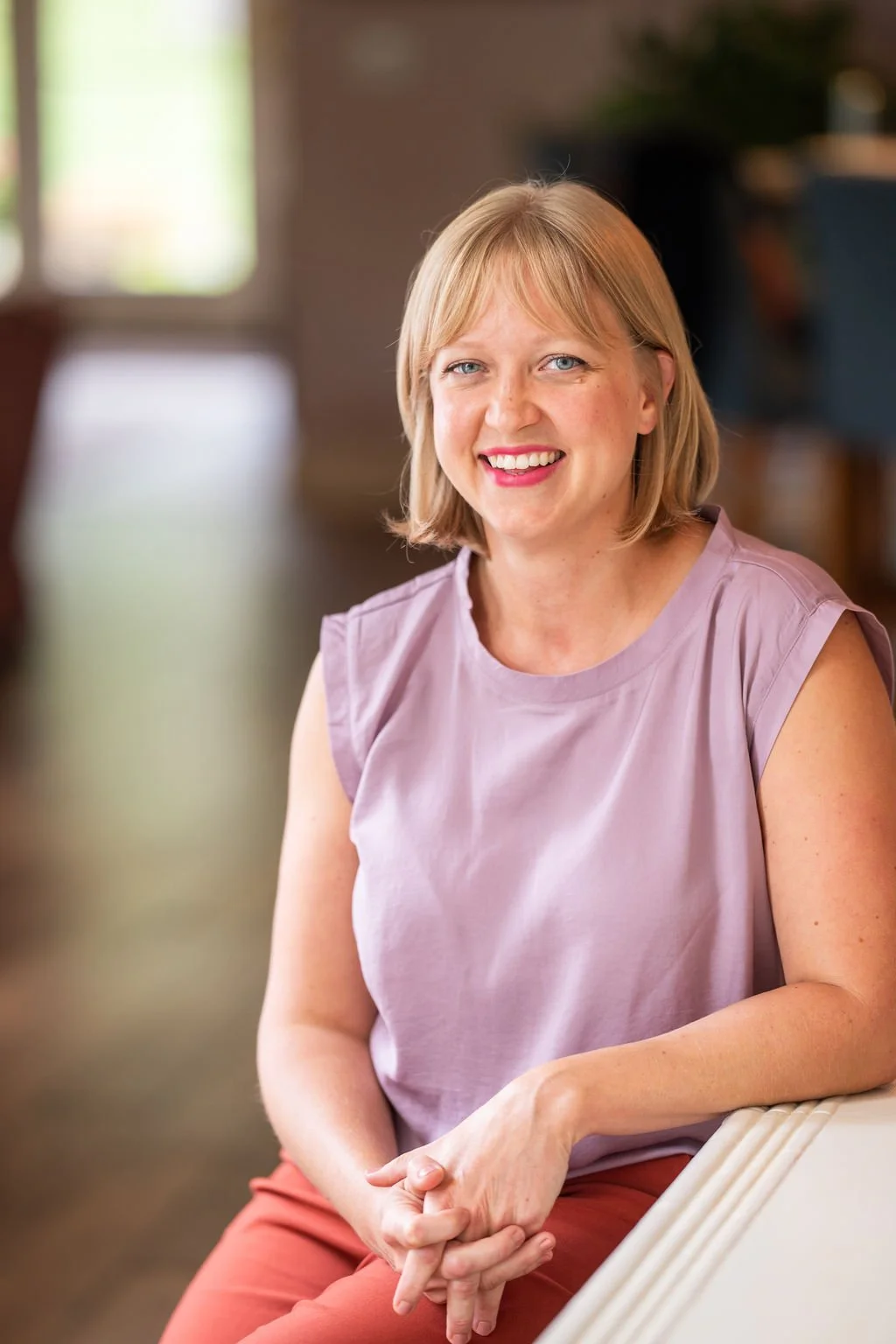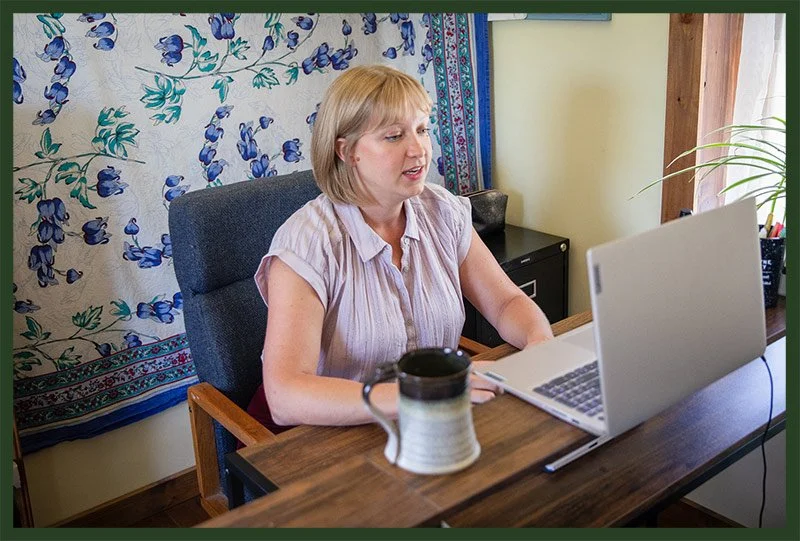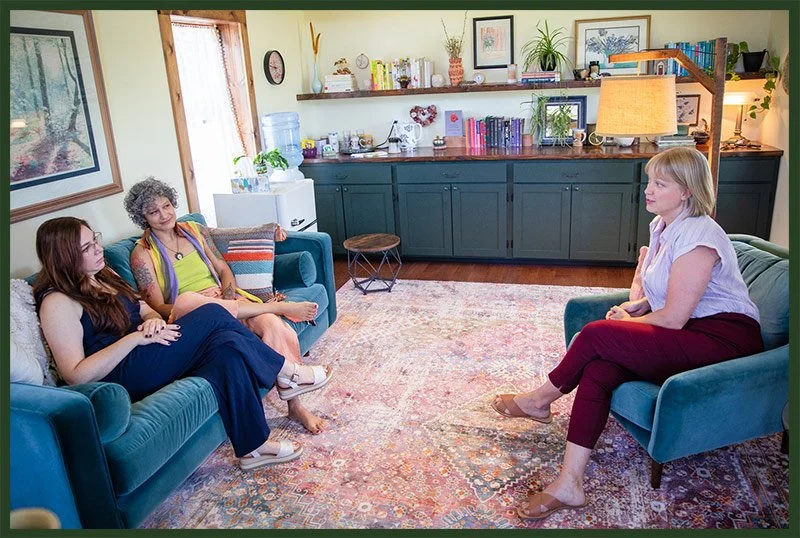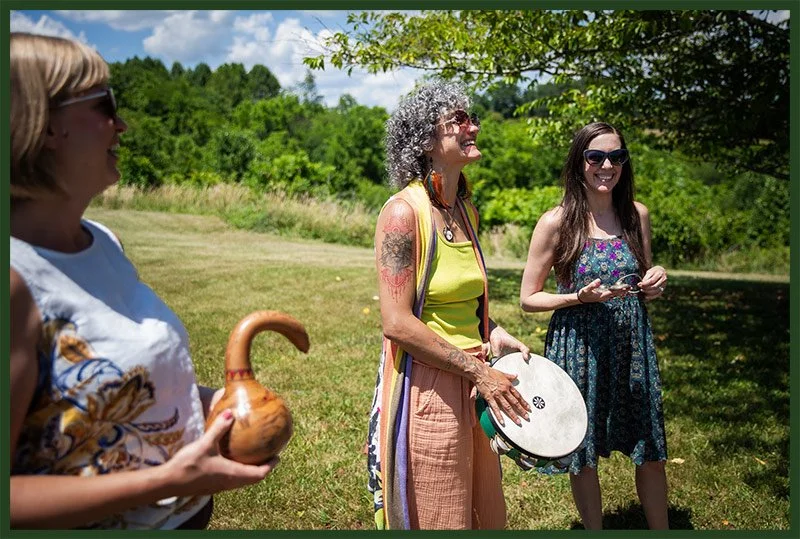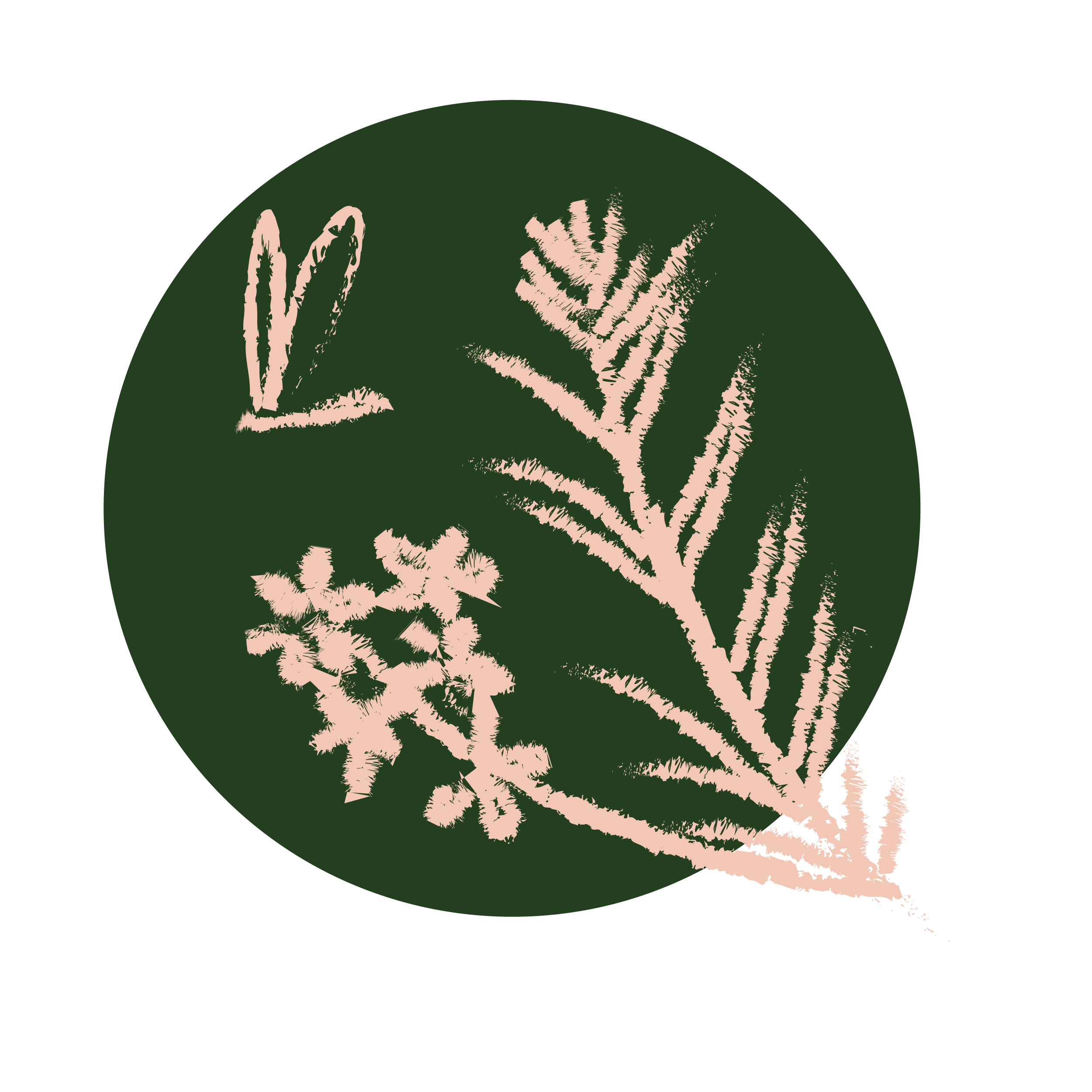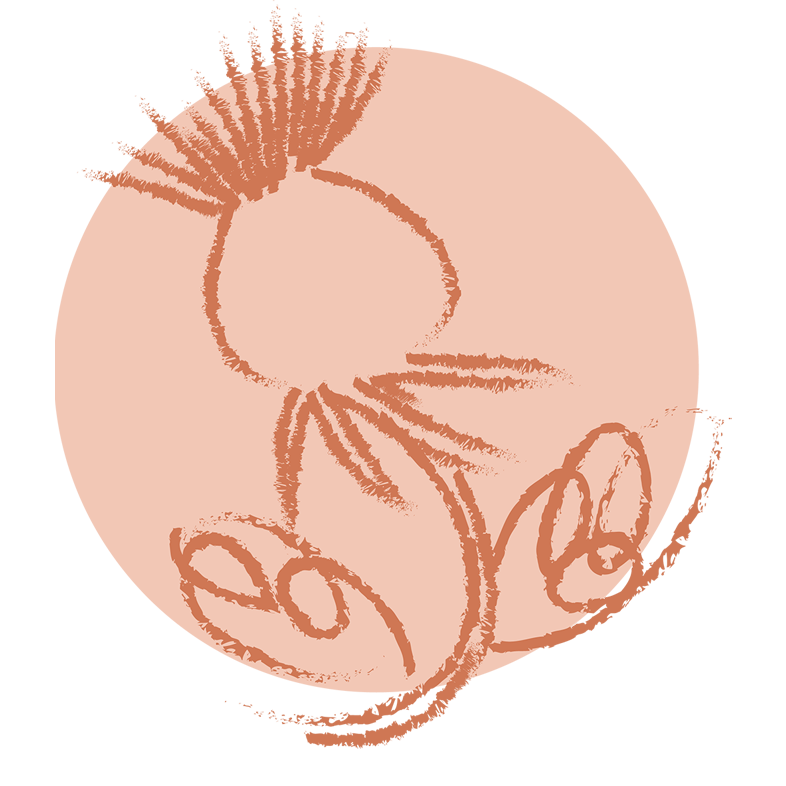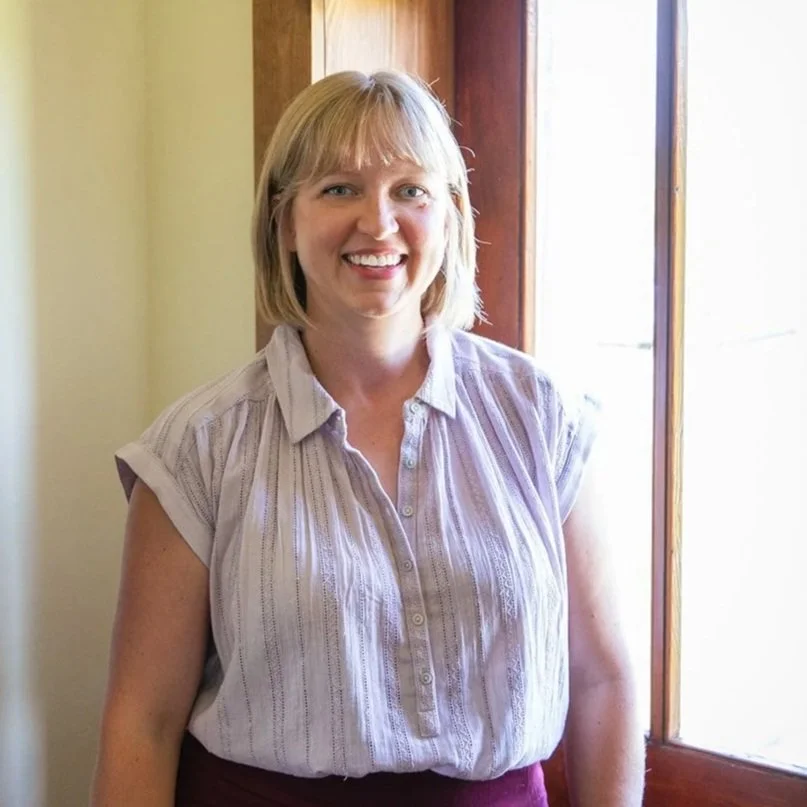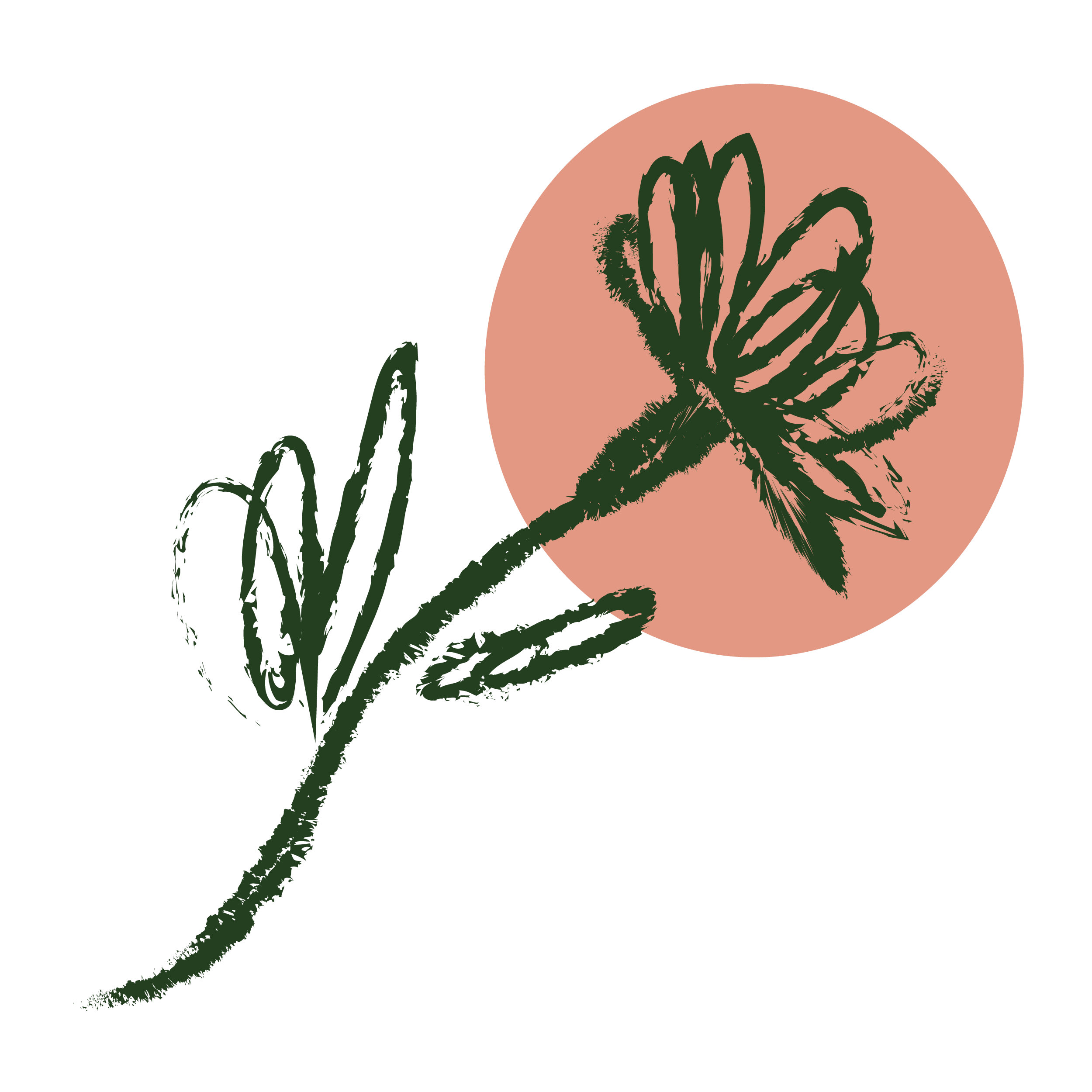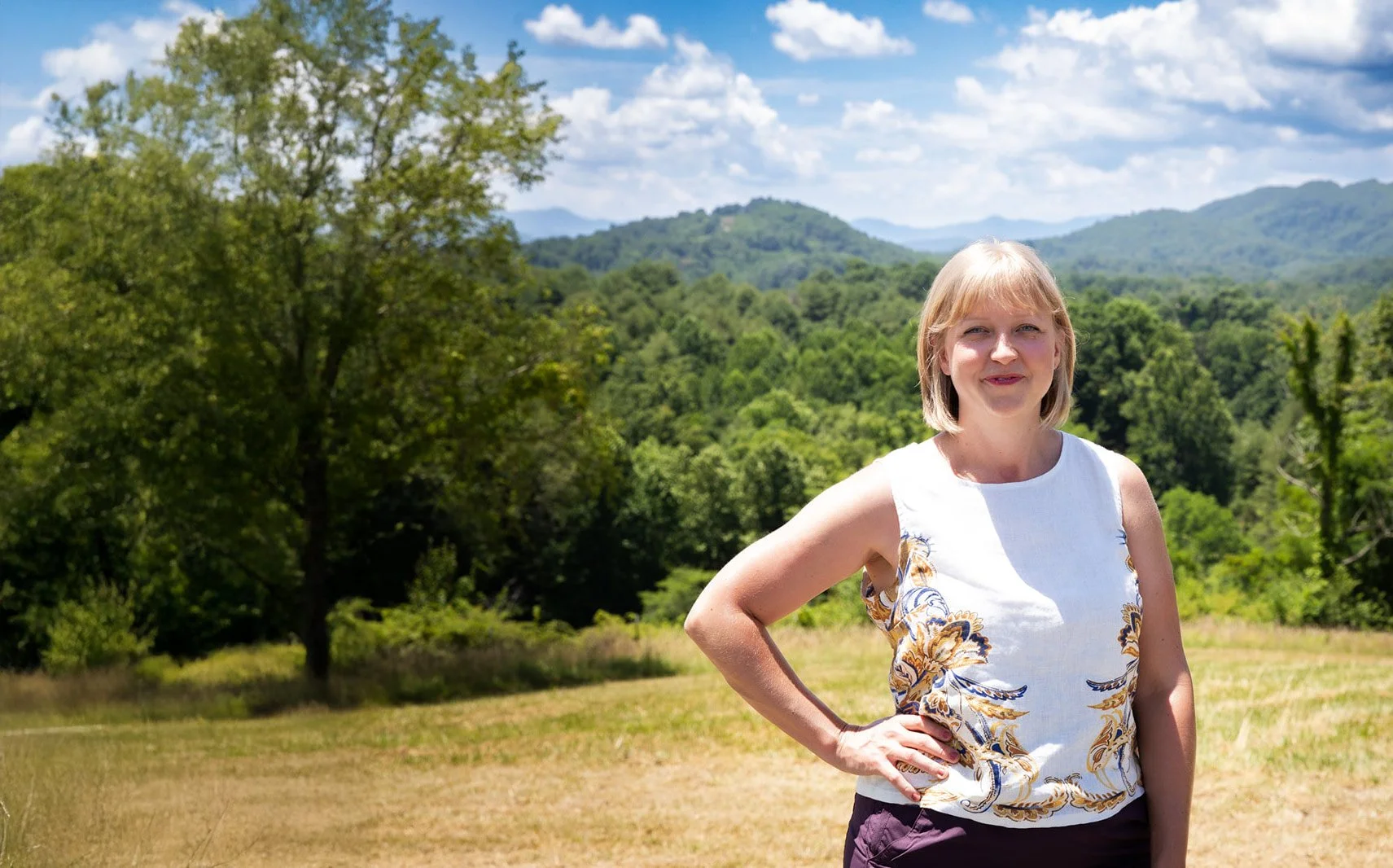
ABOUT ME
Ginelle Krummey, LCMHC
in Marshall, NC
Therapy for When You’re Ready to Live by Your Own Values
Hey! I’m Ginelle Krummey (she/her). I’m a therapist, educator, and lifelong human-behavior nerd.
I help adults who want their lives to match their vision and values, but feel stuck somewhere between survival mode and the life they imagined.
Maybe life hasn’t panned out how you were promised it could. You’re working hard, juggling relationships and responsibilities, and wondering when things will finally feel easier. All you really want is a good life, some financial stability, and a little peace of mind.
That’s what we work on together — closing the gap between the life you have and the one you want.
My Approach: Feminist Analytic Therapy
My work is grounded in feminist analytic therapy, a process that looks at your present struggles with care for the big events of your past — and an eye toward the future you’re choosing.
We focus on:
Building trust and practicing new ways of relating
Understanding your story and patterns
Finding meaning in the parallels between past and present
Making self-informed choices that move you closer to wholeness
Our goal is for you to know yourself well enough to communicate your needs clearly, to be known and loved for who you are, and to push back against the forces that would prefer to keep you small.
What I Believe
Feminism is for everyone.
Patriarchy harms us all in different ways, and our healing is tied together.
You’re the expert on you.
I stay curious about your reality and welcome your corrections — they’re part of the work.
We go at your speed.
Healing takes time, and you deserve a therapist who respects your boundaries and growth.
Together we’ll explore the stories and systems that shaped you, and practice what it feels like to live from a sense of worthiness instead of survival.
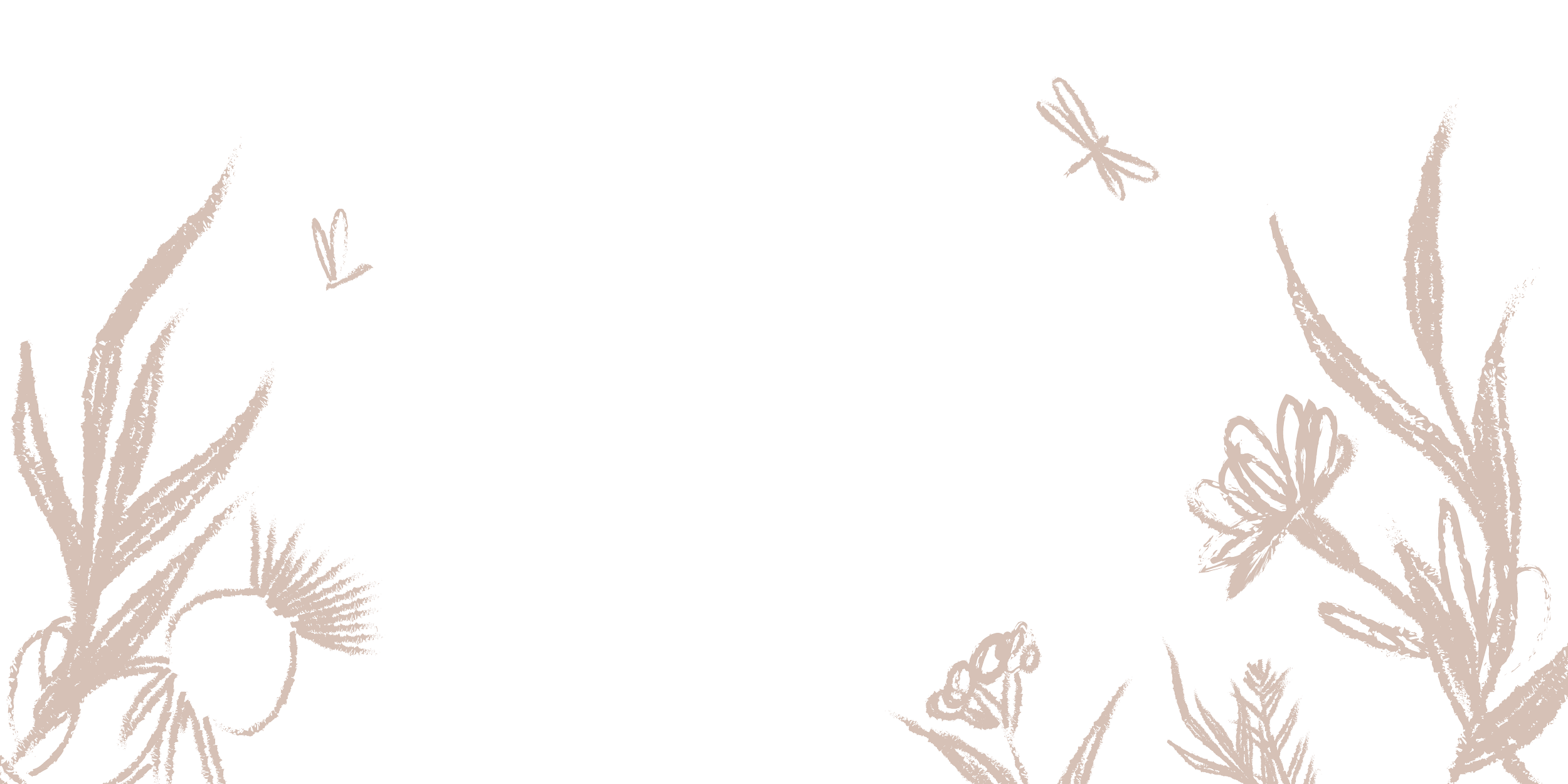
My Story
Before becoming a therapist, I spent years working in direct human services in San Francisco, Hendersonville and Asheville.. In one interview, when asked why I wanted to work with unhoused people, I said:
“Because I recognize that every one of us is one traumatic life event or medical bill away from homelessness — and I’m no exception.”
That truth still guides me. I’ve seen how trauma, luck, and systemic injustice intertwine — and how real healing depends on connection, not bootstrap myths.
When I finally opened my own practice, I was shocked to find myself an entrepreneur at all. (Internalized misogyny had me convinced business ownership was for “grown men.”) But running my own practice has been the most liberating and empowering step of my life. It allows me to do more good in the world and care for myself in the process.
What to Expect
Therapy with me is equal parts curiosity, honesty, and companionship. We start by getting to know each other and building trust at your pace. You’ll test me out for safety — that’s part of the process — and I’ll show up with warmth, humor, and a steady presence. Over time, our relationship becomes a space to practice new ways of being with yourself and others.
We’ll talk about the serious stuff, but not every minute is heavy. Sometimes we’ll laugh, talk about the weather, or celebrate a small but meaningful win. Therapy doesn’t have to be grim to be transformative — in fact, joy and humor are some of the best signs of progress.
As we go, you’ll start noticing patterns, understanding your needs, and making choices that align with your values. We’ll look at the systems and stories that shaped you, not to assign blame but to find freedom.
My hope is that you leave our work feeling more self-trusting, less afraid of your emotions, and more able to craft a life that genuinely feels like your own.
You deserve to move past what’s weighed you down and entrust yourself with a future of your choosing.

